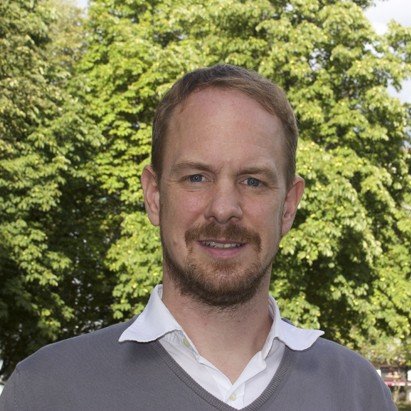Microsoft Accelerator, Merck Accelerator and Samsung NEXT have the highest awareness of all corporate health accelerators
Among corporate health accelerators Microsoft Accelerator has the highest awareness level. Merck Accelerator and Samsung NEXT are ranking second and third. 42.8% of the digital health community has heard of Microsoft Accelerator. 26.7% have heard of Merck Accelerator, 26.4% of SAMSUNG Next and 24.8% of Grants4Apps by Bayer. Techstars (Barclays Accelerator, London) (18.2%) follows fifth with some distance behind.
These findings are part of our mHealth Economics program, the biggest survey of its kind with 2,400 answers from the digital global health community. In the ranking of of corporate accelerators’ awareness 20 corporate accelerators investing in healthcare have been included.
Here is the full ranking:

Accelerators’ awareness level is a prerequisite for attractiveness and start-up applications
There is no direct but an indirect connection between the awareness level and the number of applications an accelerator receives: Awareness is a prerequisite to be attractive for start-ups and to eventually apply for an accelerator program. No start-up will apply to an unknown accelerator. Only if a start-up is aware of an accelerator it can send an application.
The number of application varies widely between two-digit and four-digit numbers per year. According to our calculations each accelerator active in healthcare receives around 70 applications on average.
Corporate accelerators seem to be more active in investing in start-ups
Also, the number of investments differs widely. Corporate accelerators in healthcare have made between a handful and several hundred investments into health start-ups. (On average corporate accelerators are 6-7 years old). They seem to be more active than non-corporate accelerators: The average number of investments for corporate health accelerators is around 100, whereas the average number of investments for non-corporate is between 30 and 40.
There is a large untapped market for accelerators of “interested but indecisive” start-ups
24% of mHealth companies have applied to one or more accelerators. Additionally, there are another 24% that have never applied but want to apply within the next 12 months. Out of those start-up companies that plan to apply, most will never actually send off an application. This presents a big “untapped market” for health accelerators to find good start-ups. These 24% of start-ups are generally interested in joining an accelerator program, but don’t seem to be able to make the last step to apply.
For accelerators trying to get more start-up applications this positively biased group is the perfect group to address to convince them to apply. If you are an accelerator and would like to find out more about this group, let’s talk.
What accelerators are looking for
The start-ups that are applying for accelerators are not necessarily the ones that accelerators are targeting. There is a mismatch between the start-ups that find an accelerator attractive and vice versa.
The likelihood for a start-up to become successful rises with the experience level of the team. So, a lot of accelerators are trying to get experienced founders into their programs.
What start-ups are looking for
What start-up companies are expecting from an accelerator also depends on the start-up founders’ experience level. Experienced founders have very different expectations towards an accelerator program compared to inexperienced founders. Whilst the latter are mostly looking for funding, the former are looking for access to other market players.
These are only some of our findings. If you’re an accelerator and are looking for applications from start-ups, we can show you how we’re helping others.
Also, if you’re an accelerator and would like to get deeper insights.
We have data about:
– How can accelerators best reach start-ups?
– What’s the ideal length of an accelerator program?
– What funding is expected, and which equity will be given back in return?
– What services are start-ups expecting from accelerators?
Contact us: [email protected].
Download our free mHealth Economics 2017 report: “Current Status and Future Trends in Mobile Health”.
About the study:
The 2017 study of our mHealth App Developer Economics program is the seventh edition of the largest global study on mobile and digital health apps. The report results are based on answers of more than 2,400 mHealth app developers / start-ups.
In the list of corporate accelerators & incubators investing in health start-ups we also included project platforms like Orange Fab and Henri.
This report of one of several free reports. This first report is focused on the current market trends and future market developments.





